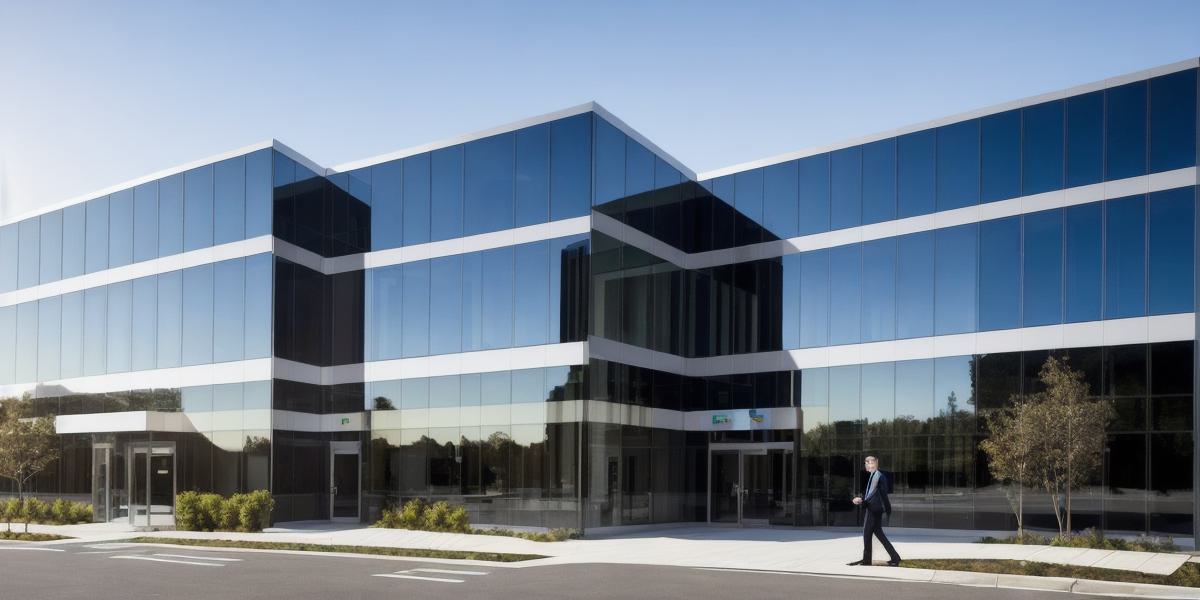In late October 2021, Mark Zuckerberg announced that Facebook would be rebranding to Meta Platforms Inc. and focusing on building the "metaverse," a virtual world where users can interact in 3D spaces. But why the sudden shift in direction, and what does this mean for Facebook’s more than 3 billion active users? Let’s explore the reasons behind this transformative move.
1. Metaverse: A New Frontier
The term "metaverse" refers to a collective virtual shared space, created by the convergence of virtually enhanced physical reality and physically persistent virtual reality. Meta’s goal is to develop a virtual world where users can interact in 3D spaces using avatars, socialize, create content, and even engage in business transactions.
2. The Evolution of Social Media

Social media platforms like Facebook have dominated the digital landscape for over a decade. However, as user expectations evolve and new technologies emerge, these companies must adapt to remain competitive. Meta believes that the metaverse is the next frontier in digital interaction and will revolutionize how we communicate and connect with one another.
3. Expanding Beyond Social Media
Facebook’s rebranding also signifies a broader shift away from social media towards more diverse offerings. Meta Platforms plans to invest heavily in areas like virtual reality (VR), augmented reality (AR), and artificial intelligence (AI) to create immersive experiences for users beyond the confines of social media apps.
4. Competition and Innovation
Meta’s rebranding is also a response to increasing competition from other tech giants, such as Microsoft, Google, Apple, and Amazon. These companies have also been investing heavily in emerging technologies like VR and AR, making it essential for Facebook to adapt and innovate to stay relevant in the market.
5. A New Era of Connectivity

Meta’s vision extends beyond social media and virtual spaces. They aspire to build a future where humans can connect and collaborate in new ways using advanced technologies. This shift towards immersive experiences could change the way we live, work, and interact with one another.
In conclusion, Meta’s rebranding from Facebook signifies a significant move into a new era of digital interaction, focusing on building the metaverse as the next frontier for social connection and innovation. This transformative shift will require substantial investment in emerging technologies like VR, AR, and AI to create immersive experiences that go beyond traditional social media apps. Only time will tell how successful Meta’s endeavor will be, but one thing is certain: this is a pivotal moment in the evolution of digital communication.
